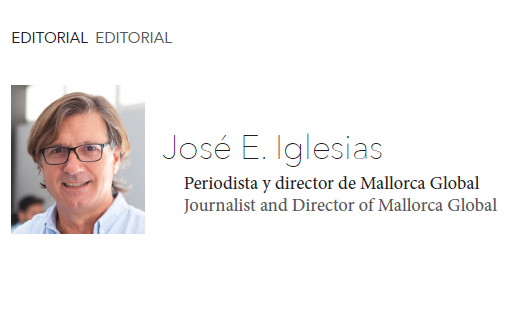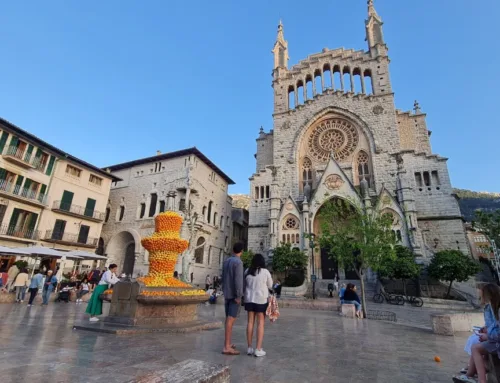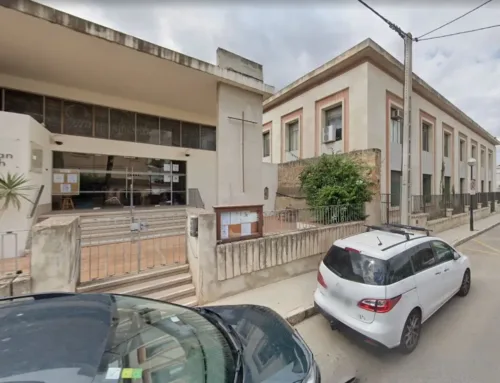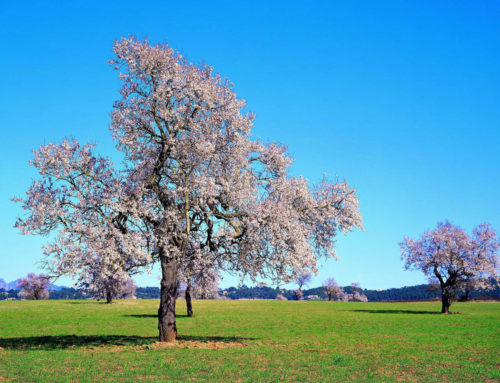In those terrible initial dates of illegal lockdown, two years ago, we often wondered what data the psychologists of the group of experts were considering regarding how many lockdowns of how long we citizens could endure without rebelling or suffering psychological disorders. Later we learned that there was no psychologist in the Sanhedrin and fears, anger and disappointments surfaced. Fear of the risk of social outbursts of anger against these exceptional and unprecedented measures. Anger and disappointed because we did not imagine that a government would dare to lock us up without foreseeing the consequences. A pressure cooker.
The professor of Psychology at the UIB Margalida Gili confirmed our fears in an interview we did with her for the December 2020 magazine: “Scientific psychology is not having the leading role it should…” and “… the experience of this collective threat can produce negative social consequences…”. A study of several Spanish universities from that year indicated a notable increase in cases of anxiety, fear, depression, anger, etc., especially in women and younger age groups. That second part of the pandemic continues and will continue to manifest little by little. The case of the increase in suicide attempts by young people is one of the most alarming consequences, about it there are many others less shocking, but no less worrying. The recent launch of a telephone to fight suicidal ideation (024), albeit late, is a plausible decision.
We have come out of that nightmare wanting to make amends and eager for experiences: travel, personal relationships, nature, beaches, mountains, countries, cultures, madness to step on geographies and mix with other cultures, or as Baudrillard would say, simulate it through many selfies. In this way, between residents and visitors, we are about to experience the Mother of All Seasons. Lots of visitors and a some new residents. This was predicted in these pages, on December 20, by the professor of Human Geography at the UIB Pere Salvà. And in our May edition of last year, the CEO of Lionsgate and Gallery Red, Drew Aaron, went along the same lines, in a revealing interview that we titled “Mallorca will come out of COVID much stronger than any other area in the world”, according to him.
The question is whether the island’s seams, which have been patched up so much -but not overcome- will withstand the pressure of the number of visitors and the fervent economic activity. Drinking water, wastewater treatment, garbage, traffic jams, car parks, utility repair services, health, police security, public transport, beaches, the Tramuntana… Not to mention of the sword of Damocles of shortages in these islands that need to import a high percentage of what is consumed in order to survive.
The debate on human pressure is very topical. In this sense, the consensus that is taking place between the Government and the business sectors is noteworthy, breaking a long tradition of confrontation with the left-wing. The approach of positions between hoteliers and the tripartite government to finish the important tourism law that is being written, and that seeks to respond to that debate, is a fundamental part of this new unprecedented line in local politics. However, on the consensus -more fake than real, but consensus after all- hang over discriminatory attitudes of the Government towards sectors with less capacity for pressure, such as holiday rental tourism, the great pagan, which although it has a long tradition in our islands -apartments and houses have always been rented- seems to be the scapegoat for the consensus.
This is how the first post-COVID-19 summer rises, overshadowed by an irrational and brutal war -like all wars- three hours away from Mallorca, still a consequence of the decomposition of the balance of blocs of the last century and the beginning of the new Middle Ages, as Umberto Eco rightly baptized the era we live in.
The one in Ukraine, in addition to being the first invasion of a sovereign country since World War II in the West and the first war in Europe through social networks, is the war of simulacra, that of artificial intelligence and manipulation without measure, with dilapidated and convalescent journalism, with hardly any resources, pulling cell phones and outreach correspondents, freelancers and collaborating countrymen. If we already knew that the truth is the first thing that is lost in a war, here the stench of fake invades almost everything.
It was never true that an image is worth more than a thousand words, because the image neither explains nor reasons nor contrasts, it only shows and then each one seasons it to his liking. Ideal food for social media. With all their tremendousness, we see some wayward cameraman looking for targets, we see them from behind to show the destruction in the background. There are corpses and destruction, also a lot of repetition. And misinformation. How long will it last on the TV grid and on the front pages of newspapers? It has already begun to fall out of boredom in the inert newsrooms and, therefore, in the streets.









Leave A Comment